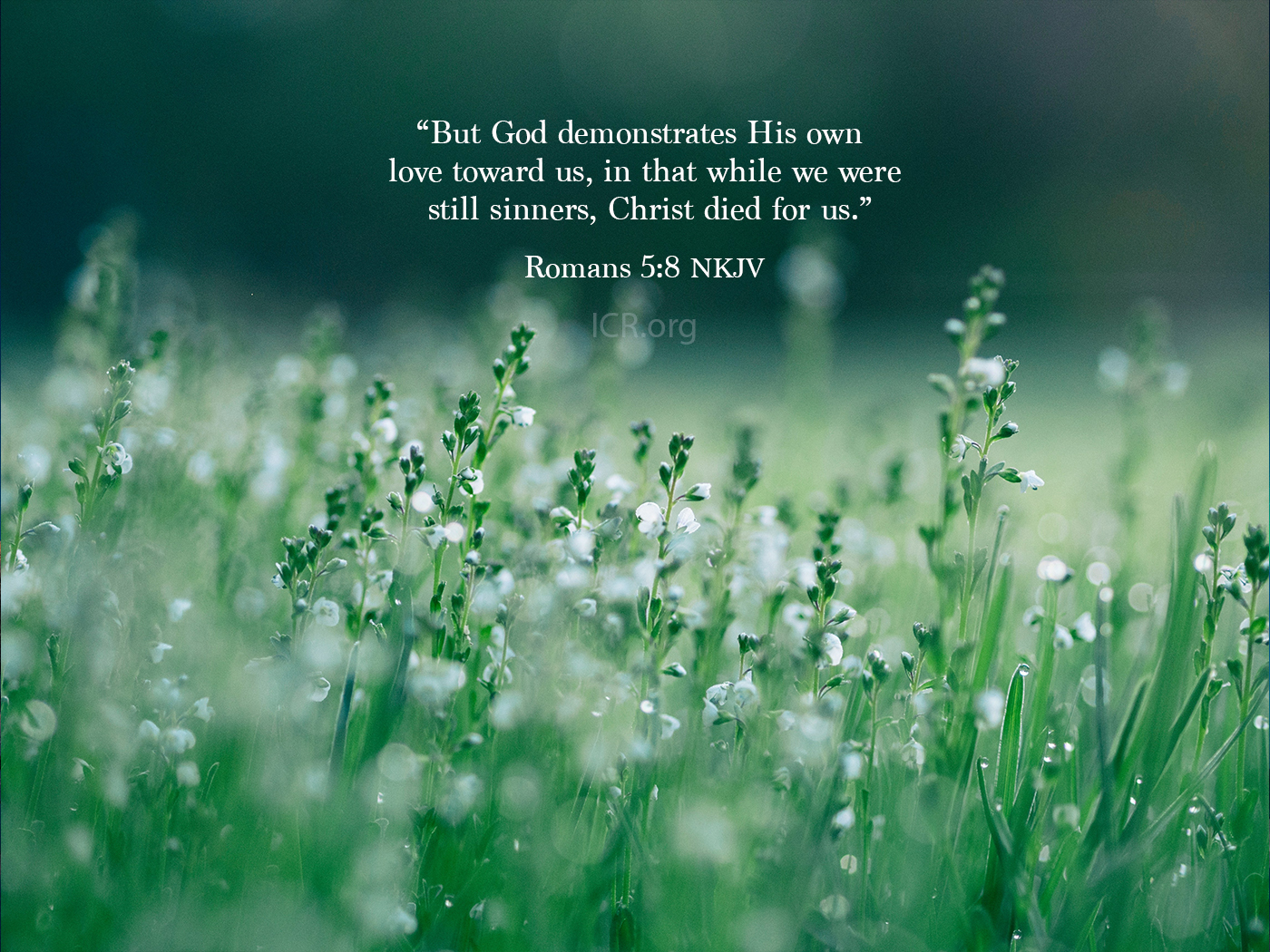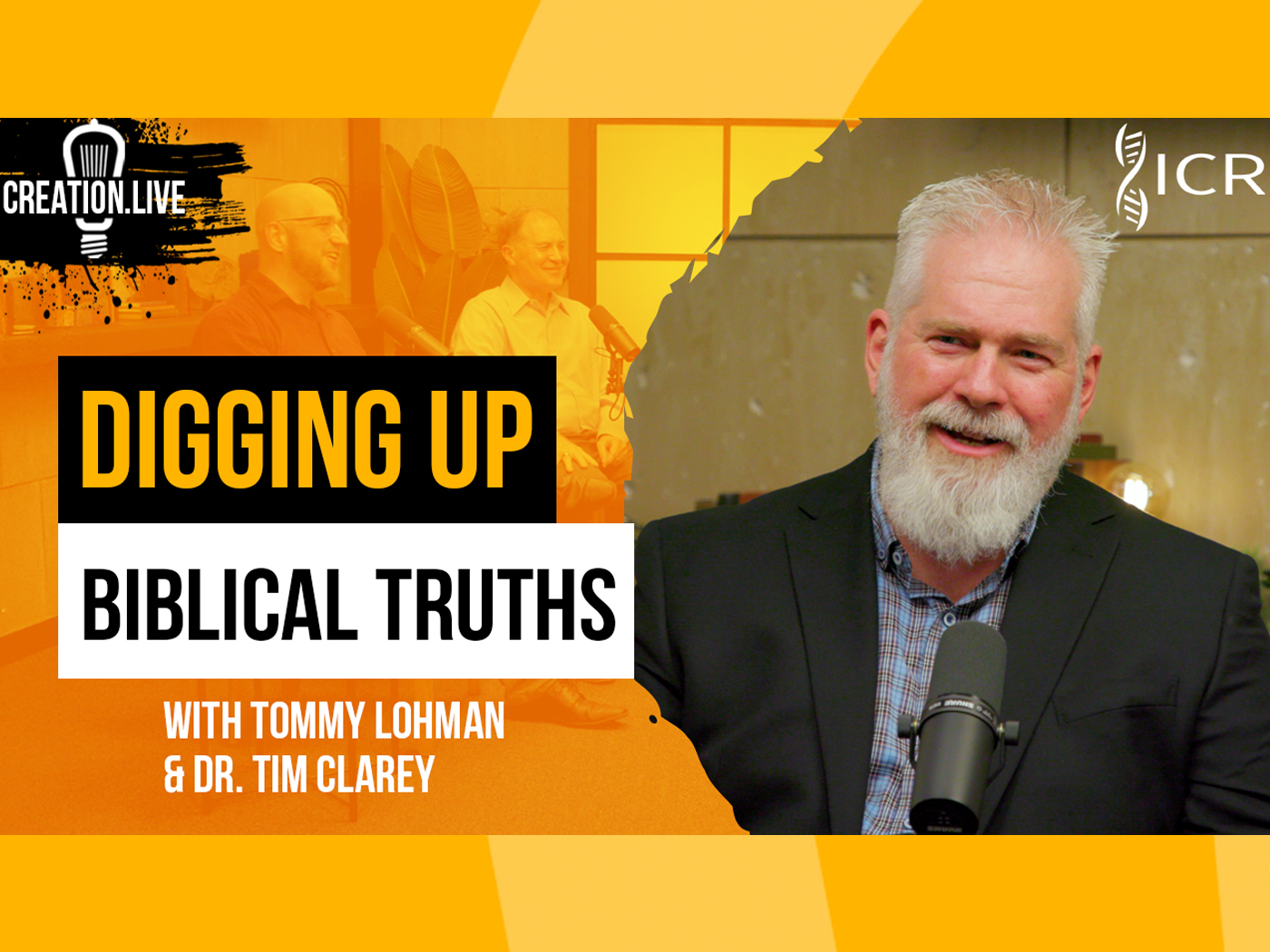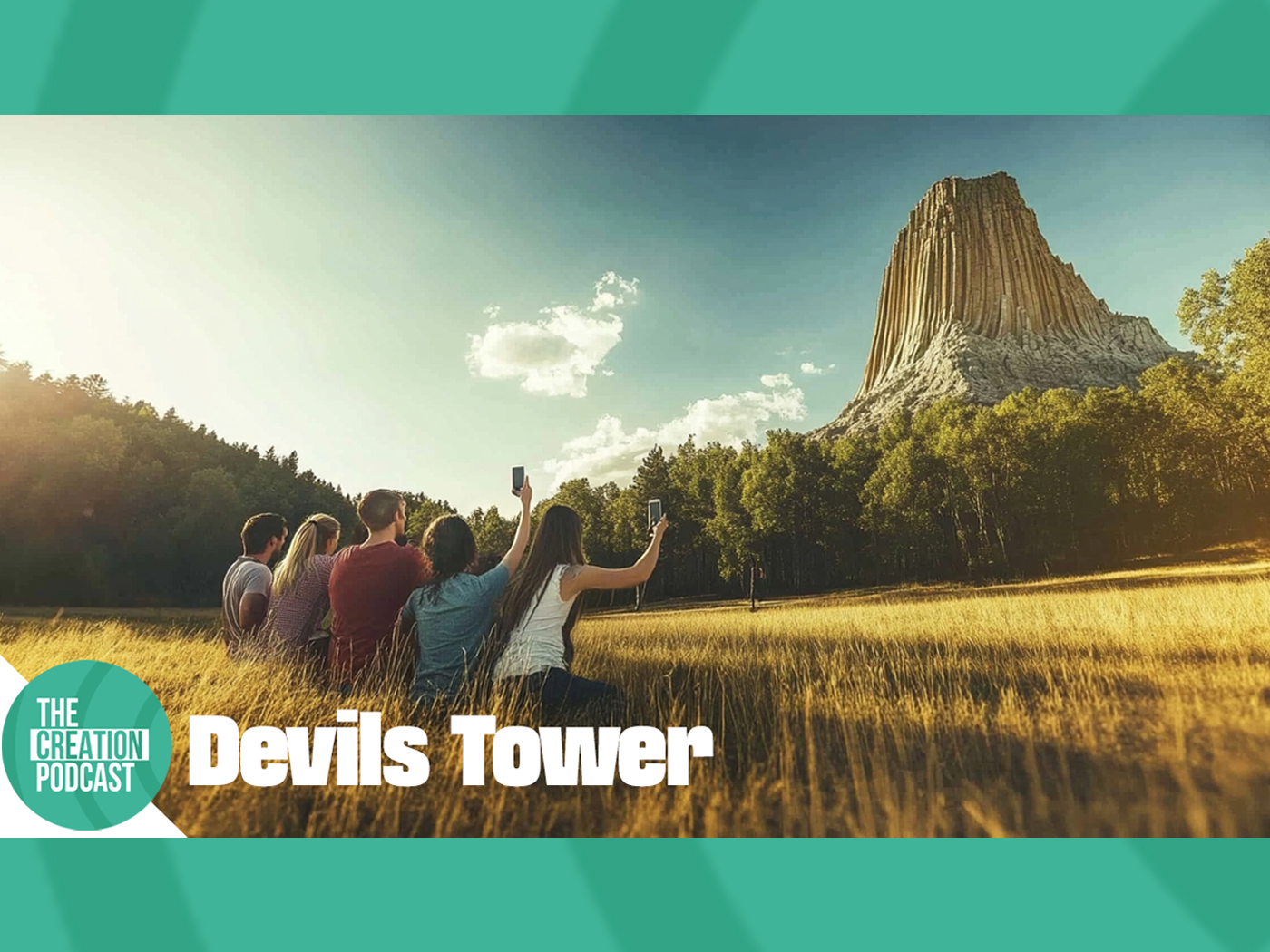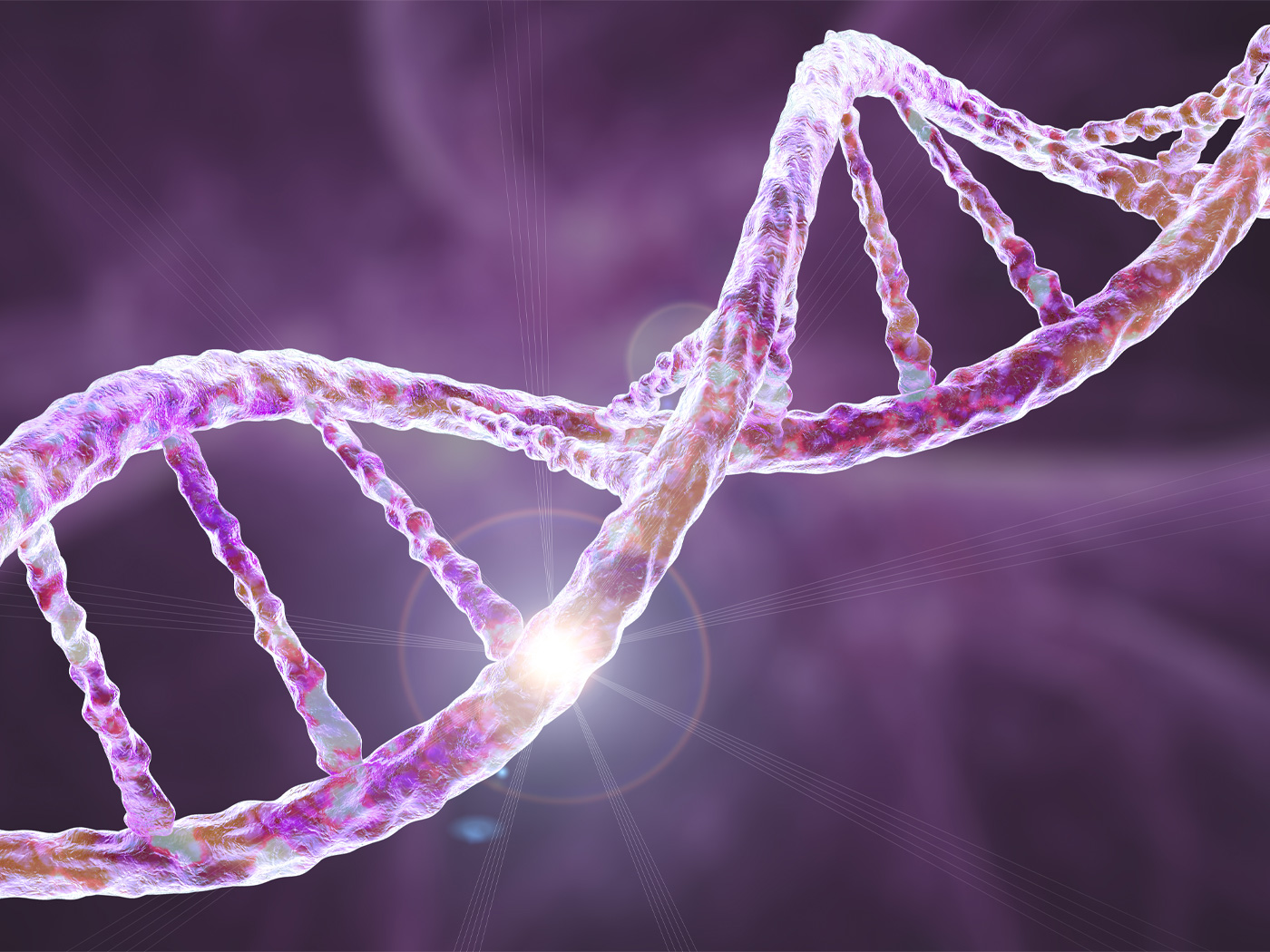O that there were such an heart in them, that they would fear me, and keep all my comandments always, that it might be well with them, and with their children for ever! (Deuteronomy 5:29)
God's emphasis on the heart pervades Scripture. The English word appears in no fewer than 878 references in the Bible, with the related Hebrew or Greek words appearing in another 55 passages and translated as either "mind" or "understanding." Of the 66 books of the Bible, only seven do not use the term.
That the heart of man is distinct from either "soul" or "mind" is clear from the Lord's emphasis in His allusion to Deuteronomy 6:5, as recorded in Matthew 22:37: "Jesus said unto him, Thou shalt love the Lord thy God with all thy heart, and with all thy soul, and with all thy mind" (see also Mark 12:30 and Luke 10:27). But just what is this heart that God so explicitly requests love from? One must collect the biblical data before a correct conclusion can be drawn.
The phrase "with all thy (thine, their) heart" is used 20 times in the Bible, citing the heart as the key to obedience, love, and service (Deuteronomy 10:12); repentance and turning back to righteousness (1 Kings 8:47-49); trusting in God's direction (Proverbs 3:5-6); and, of course, believing unto salvation (Acts 8:37; Romans 10:9).
Whatever the heart is, it is the part of the human condition that is absolutely necessary for a right relationship with the God of eternity. The heart is surely the fountain from which the nature of a person is revealed. Several obvious statements are made in Scripture:
"Keep thy heart with all diligence; for out of it are the issues of life." (Proverbs 4:23)
"...out of the abundance of the heart the mouth speaketh." (Matthew 12:34)
"A good man out of the good treasure of the heart bringeth forth good things: and an evil man out of the evil treasure bringeth forth evil things." (Matthew 12:35)
Whatever the heart may involve, it is clearly the source of our "real" character.
Our heart can commit sin--even apart from carrying out the actual deed (Matthew 5:28)--and is naturally linked to the "treasure" we lay up for ourselves (Matthew 6:21). The heart is capable of religious deceit (Matthew 15:8), and in its natural state is full of wickedness (Jeremiah 17:9). If left to follow its natural inclination, the heart will become hardened and unreachable with the truth (Mark 6:52; Romans 2:5). Indeed, it appears that we have the ability to harden our hearts even beyond their natural tendency to rebel against God (Hebrews 3:8). Mercy! No wonder Paul cried, "O wretched man that I am! who shall deliver me from the body of this death?" (Romans 7:24).
The answer to that desperate question is, of course, the "new" heart that comes with the "new birth" (Jeremiah 31:33; Hebrews 8:10; 10:16). God promises that we will find Him if we seek Him with "all |our| heart" (Jeremiah 29:13). We are also told that even the "desires" of our hearts will be granted when we delight in the Lord (Psalm 37:4). Once we have learned to trust God, our hearts can rejoice and be glad (Psalm 28:7; Zechariah 10:7), ultimately reaching a steady "comfort" and full assurance that acknowledges the great mysteries of our relationship with God (Colossians 2:2).
But we still have not yet uncovered what the heart is. It is abundantly clear that the heart is vital to our behavior, our salvation, our understanding, and our commitment--either to righteousness or to evil. But what IS the heart?
The heart can reason (Ecclesiastes 7:25; Mark 2:8), and has "thoughts and intents" (Hebrews 4:12). The heart is in some way connected to our flesh (Ezekiel 36:26; 2 Corinthians 3:3), but is also definitely associated with our conscious understanding (Proverbs 2:2; 15:14; Matthew 13:15; Ephesians 4:18). But this connection goes deeper than the conscious mind. The heart is the source of a "hidden man" that produces qualities in character (1 Peter 3:4). The heart can feel pain (Nahum 2:10) and anguish (2 Corinthians 2:4), as well as sorrow or joy (Isaiah 65:14).
It seems that the heart is inextricably intertwined with our whole human nature--influencing and being influenced by everything we do! It operates something like a network of spiritual connections that senses every thought and every emotion, both external and internal, and will feed back its own desire and focus, influencing and controlling our behavior more than we realize. Perhaps a good modern illustration would be the operating system of our computers--Windows, Linux, or the "heart" of an Apple. The programs that we use-- Word, Excel, or email--are the training, education, habits, and associations that we develop in our lives. But the operating system--the heart--controls what can be done with the programs!
No wonder God longed for "such an heart" that would fear Him and obey Him, so that we might be the beneficiaries of His blessings (Deuteronomy 5:29). God cannot, of course, reward evil any more than He can be evil. Although God's love for us has moved Him to sacrifice His only begotten Son on our behalf, He nonetheless will not acquit the wicked (Nahum 1:3). Before we can have our hearts made righteous (2 Corinthians 5:21), we must bring them into a "contrite and humble" state (Isaiah 57:15), one that is "broken" before His holiness (Psalm 34:18; 51:17). When the heart believes "unto righteousness" (Romans 10:10), repentance (Acts 8:22) leads to an enormous change in the "natural man" (1 Corinthians 2:14).
Obviously, since this huge change is not a normal human event, it must be brought about by the supernatural power of the great Creator Himself (2 Corinthians 5:17). And since it is God who is creating the new heart, there is no possible result but that the new heart is created "after God… in righteousness and true holiness" (Ephesians 4:24).
Once the event of the "new creation" takes place, we are given a heart--an operating system-- that can run the "programs" of righteousness. After the new birth, it becomes possible to fear (or "reverence") the One who created us, and to keep the commandments that are all recorded in our "Owners Manual," also known as "The Book." While no analogy is totally satisfactory, this may help us to understand how essential our heart really is in working out our salvation (Philippians 2:12). If we would desire that it be "well with |us|, and with |our| children" (Deuteronomy 5:29), then we must "keep |our| heart with all diligence; for out of it are the issues of life" (Proverbs 4:23).
* Dr. Morris is Chief Executive Officer of the Institute for Creation Research.
Cite this article: Morris III, H. 2008. Unlocking the Mysteries of the Human Heart. Acts & Facts. 37 (2): 4.





















